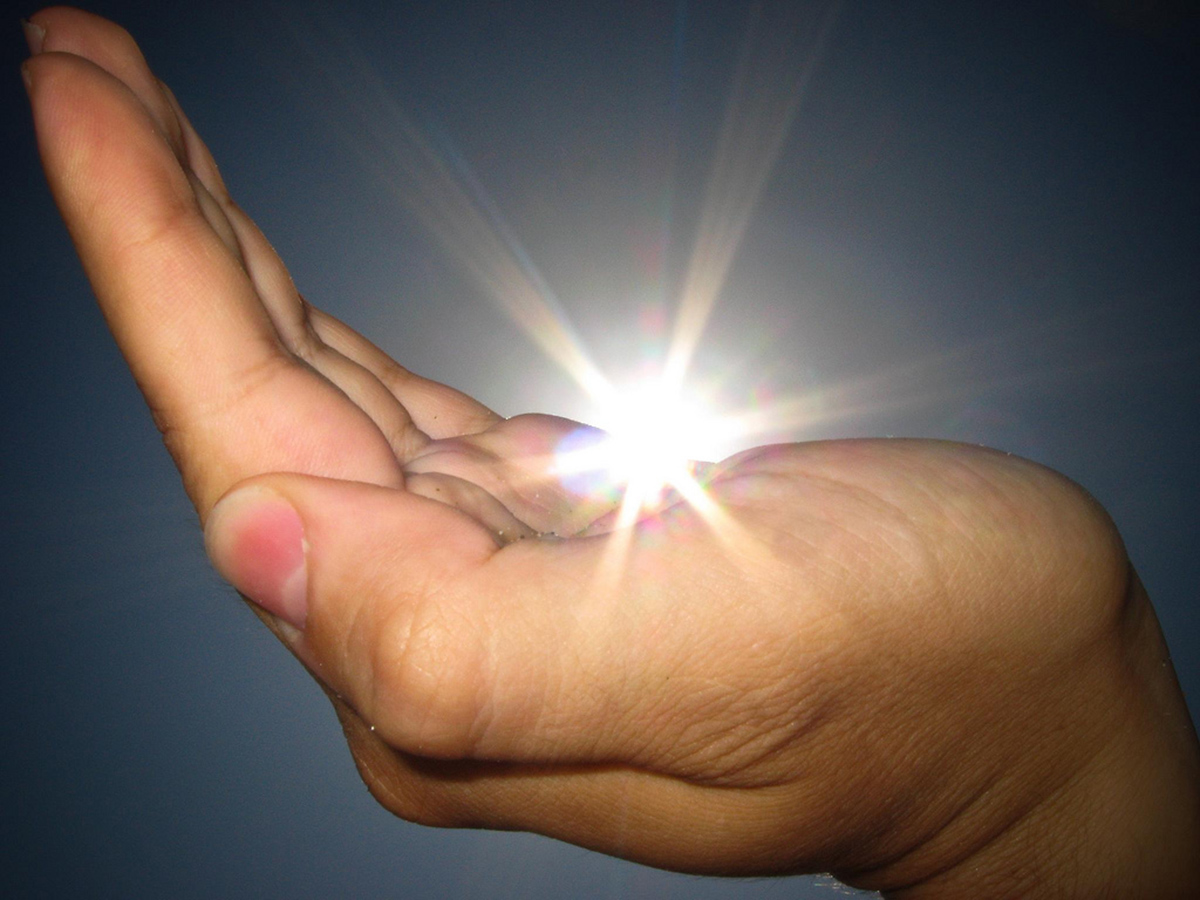Table of Contents
There are medications which are available that have helped many people treat their depressive symptoms. In most situations these medications have helped patients recover fully but there are those that have also benefited from counseling sessions with psychologists.

Pharmacotherapy
There are many antidepressants available to treat major depression but choosing the right one may be a case or trial and error for the prescribing doctor. A factor which could help is to start on medication that may be working for a direct family member who is also using antidepressants.
There is a pecking order of antidepressants though due to clinically proven efficacy. Most of the time, the more popular antidepressants will be more effective but there are sometimes exceptions where patients will respond to less conventional oral treatments.
These antidepressants include the following:
- Selective serotonin reuptake inhibitors (SSRIs) - These medications are usually the first one prescribed due to their safety features and the fact that they produce less side-effects. Examples include fluoxetine, citalopram, escitalopram and paroxetine.
- Serotonin-norepinephrine reuptake inhibitors (SNRIs) - If the SSRIs aren't effective, then SNRI's like duloxetine and venlafaxine can be prescribed.
- Norepinephrine-dopamine reuptake inhibitors (NDRIs) - This class includes the medication bupropion which can be prescribed if patients are complaining about sexual side effects being caused by the SSRIs and SNRIs.
- Tricyclic antidepressants - These are older antidepressant which aren't used to treat depression anymore, unless the patient experiences severe side-effects with the above-mentioned drugs.
- Atypical antidepressant - These medications don't belong to a specific group and are given at night due to their sedative effects. They are prescribed for patients who struggle to sleep at night and where one wants to avoid giving sleeping aids and tranquilizers.
Psychotherapy
The specific types of therapies that help patients who struggle with depression are cognitive behaviour therapy (CBT) and interpersonal therapy. These therapies are initiated by a psychologist and they can help with the following aspects.
- One identifies negative beliefs and thoughts and then replaces them with positive ideas.
- Learning how to adjust to a crisis and solve problems by incorporating coping skills.
- Development of positive interactions with others.
- To identify the issues that trigger depressive episodes and then change one's behaviour that worsens the situation.
- Setting realistic goals that can be attained.
- To be able to tolerate distress by using healthier behaviours.
READ Job Loss May Cause Long Lasting Depression
Other treatments
Other forms of therapy such as electroconvulsive therapy (ECT) and transcranial magnetic stimulation (TMS) are exclusively used in patients who do not respond to any medication or combination of medications or psychotherapy.
These do sound extreme but one should think to how these techniques are performed in movies. The patients are kept comfortable and in the case of ECT, the patient is put under general anaesthesia.
- www.mayoclinic.org/diseases-conditions/depression/basics/definition/con-20032977
- Photo courtesy of Alex Martin: www.flickr.com/photos/alexmartin81/9759032916/
- Photo courtesy of Viditu: www.flickr.com/photos/turyddu/2682923190/
- Photo courtesy of Viditu: www.flickr.com/photos/turyddu/2682923190/


Your thoughts on this